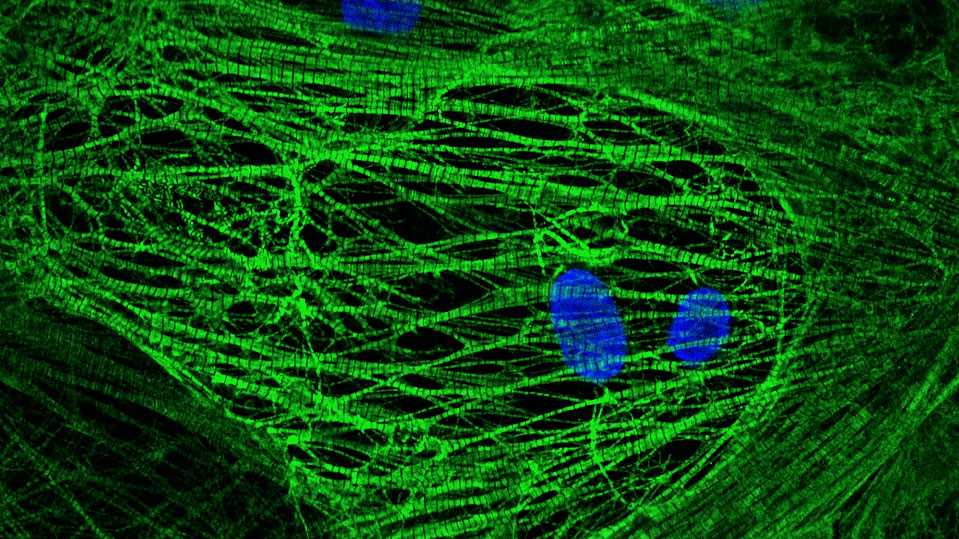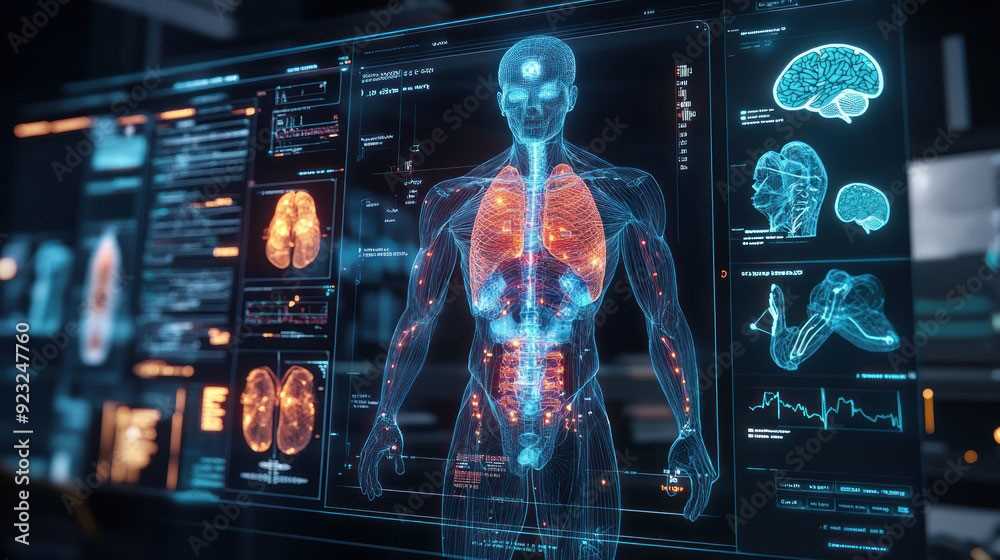Want to discuss your project or have any questions?
Reducing development risks and increasing the probability of success are key to any project we support. For this reason, we focus on the translational value of models early in the process. Primary cells or tissues from human donors or animals are integral and vital parts of drug discovery and profiling programs.

In addition to immortalised or transformed cell lines, we offer induced pluripotent stem cell (iPSC)-derived and primary cell models. Our portfolio covers various disease paradigms, including fibrosis, metabolic disorders and tissue regeneration. Cells are sourced from healthy donors or patients with the disease of interest. We provide, amongst others, fibroblasts, endothelial cells, hepatocytes and purified immune cells from peripheral blood or ex vivo whole blood assays. We also utilise complex tissues from mice and rats for ex vivo disease modelling.
In the area of immune cells and inflammation, we provide a wide range of immune cell assays based on isolated human immune cell populations and ex vivo whole blood for inflammation and immune-oncology research. Examples include:
PCTS offer a technology that bridges the in vivo and in vitro realms. Derived from typically healthy animals, PCTS maintain organ complexity under cell culture conditions. Disease phenotypes, such as fibrosis in liver slices, can be induced and treated ex vivo, enabling early evaluation of a compound’s antifibrotic activity and providing potential proof of principle in a streamlined, PK-independent manner. Fibrosis markers can be monitored over time using RT-PCR, ELISA or histological techniques.

We are constantly expanding our hiPSC-derived cell portfolio in the cardiology and neurology indication spaces.
learn more
As an AAALAC-certified CRO, we are dedicated to conducting ethical and high-quality in vivo studies.
download